James Webb Telescope Discovers Rotten Egg Gas on Scorching Exoplanet
The James Webb Space Telescope recently made a bit of a smelly discovery on exoplanet HD 189733 b.
Scientists found that the planet’s atmosphere contains hydrogen sulfide, a gas that smells like rotten eggs. This unexpected find adds a new layer of intrigue to this already fascinating exoplanet.
What is Hydrogen Sulfide?
Hydrogen sulfide is a colorless gas known for its strong, egg-like odor. It’s commonly produced by decaying organic matter.
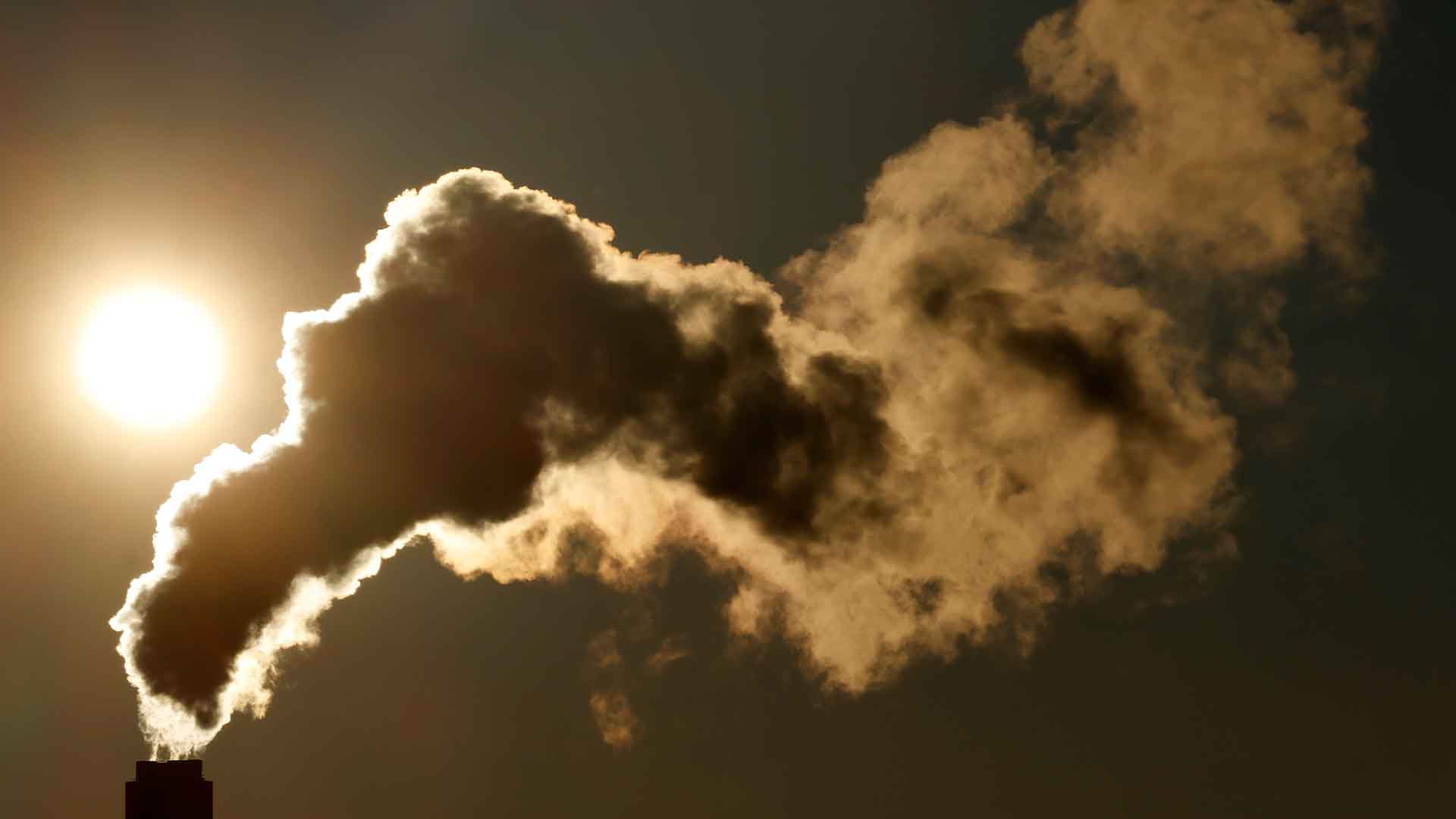
Source: Gary Hershorn/Getty Images
The detection of this gas on HD 189733 b surprised scientists, as it was not previously detected outside our solar system.
The Role of the James Webb Space Telescope
The James Webb Space Telescope played a crucial role in this discovery. By analyzing the light from HD 189733 b, the telescope detected various gases in its atmosphere.
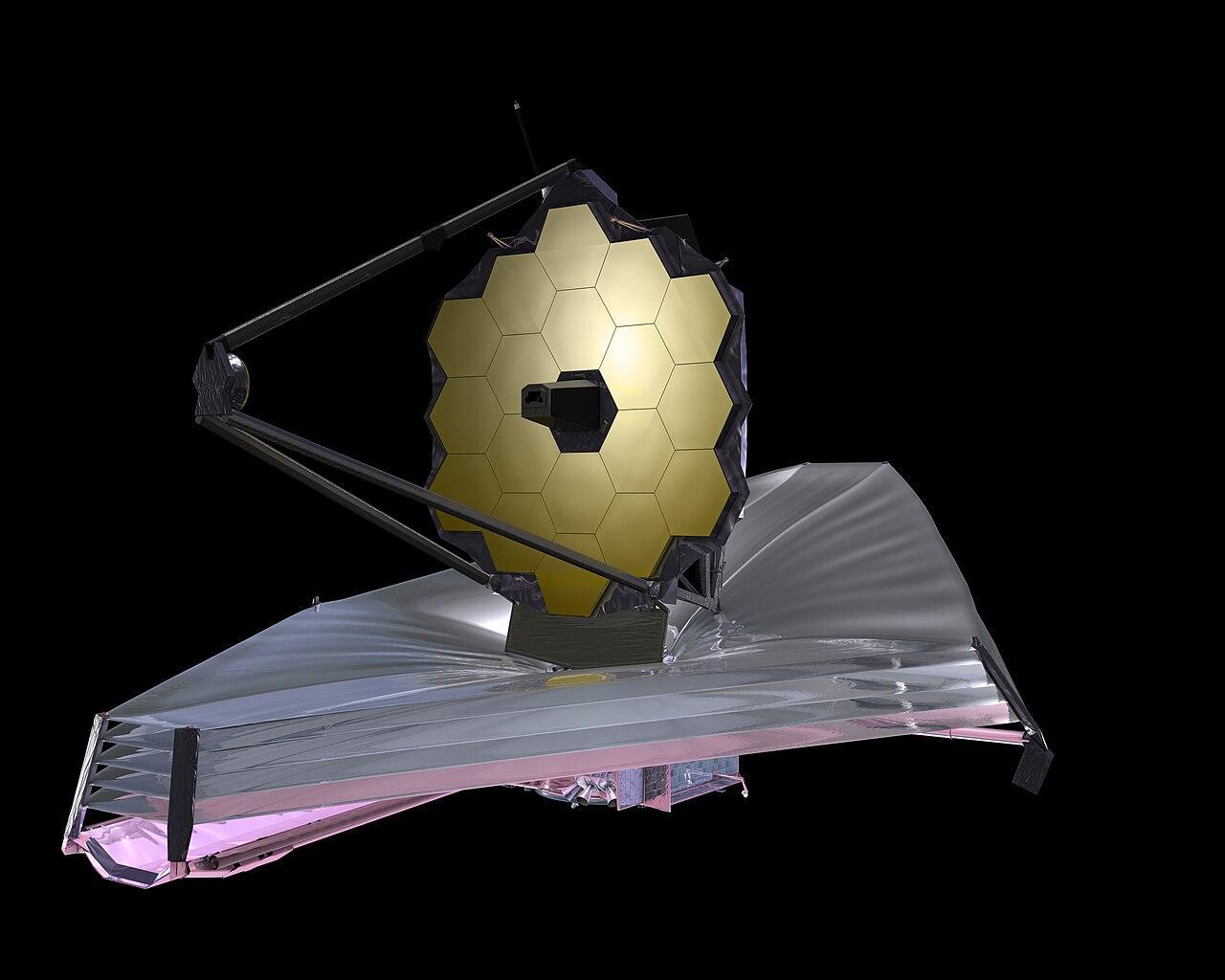
Source: Wikimedia
This advanced technology allows scientists to study distant planets in unprecedented detail.
Additional Atmospheric Findings
Besides hydrogen sulfide, the atmosphere of HD 189733 b contains carbon dioxide, oxygen, water, and heavy metals.
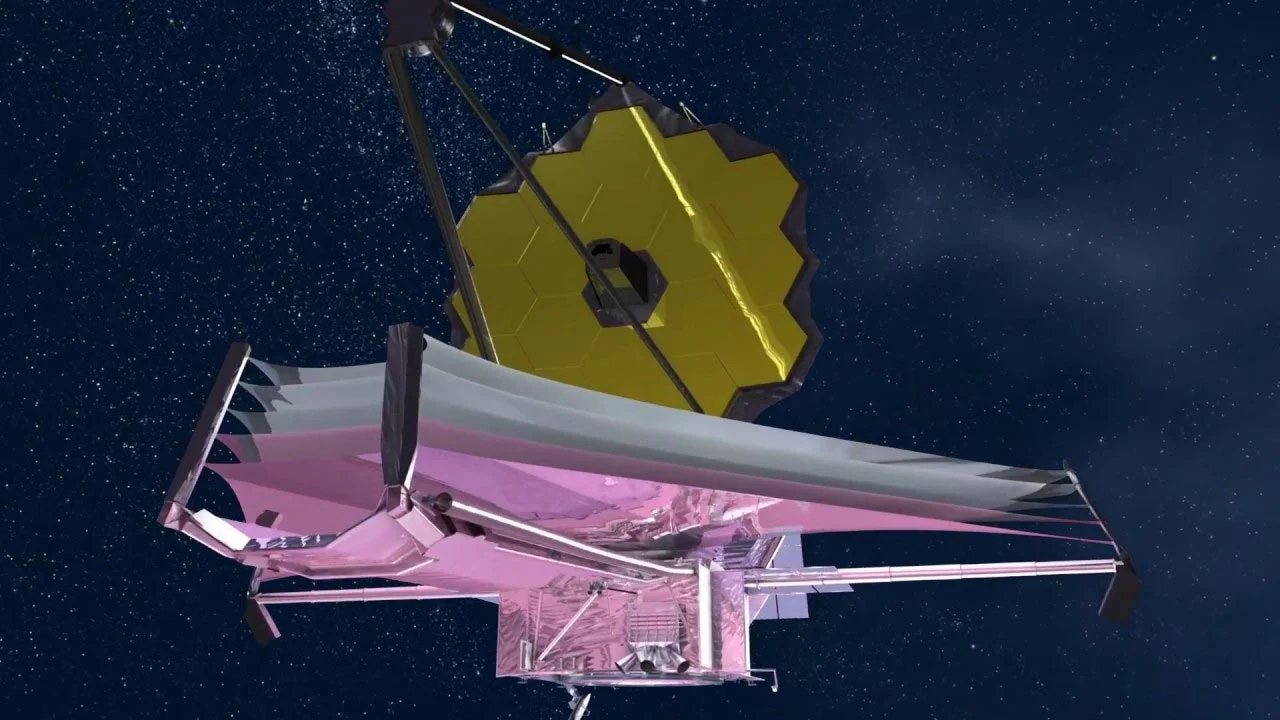
Source: NASA
These elements provide a more comprehensive picture of the planet’s atmospheric composition and hint at the complex processes occurring there.
A Brief History of HD 189733 b
HD 189733 b was first discovered in 2005.
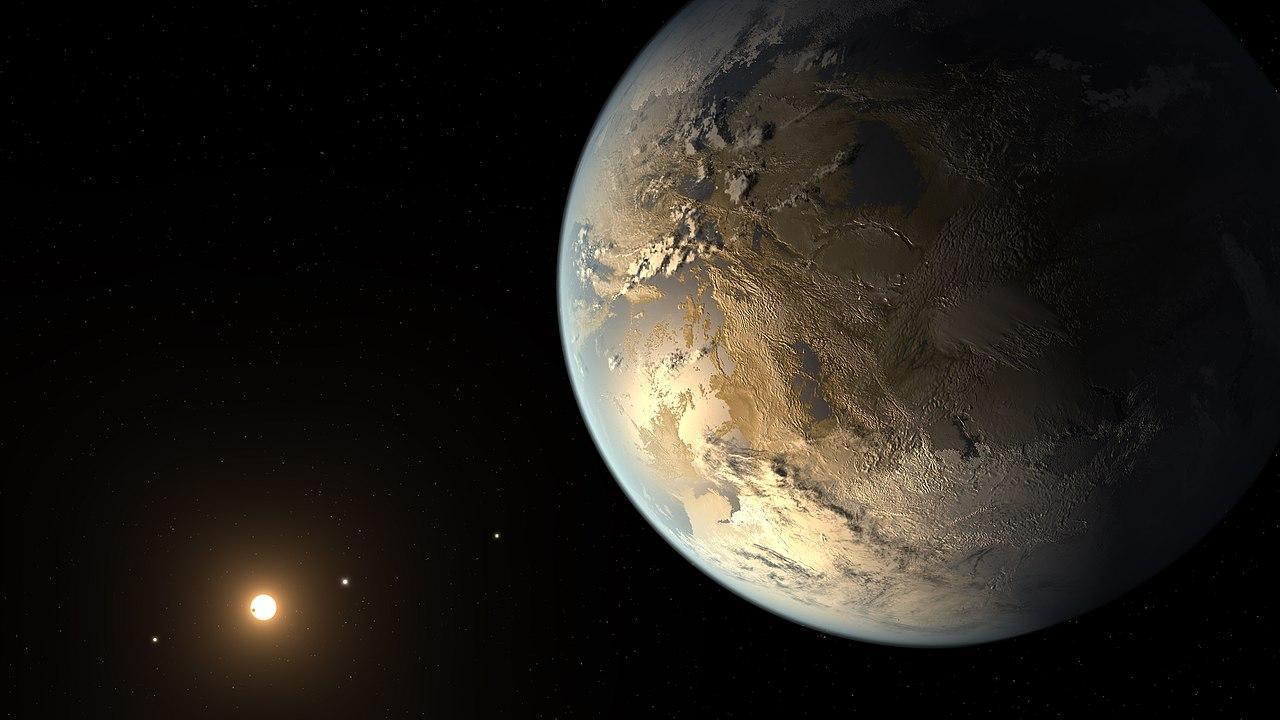
Source: Wikimedia
Located about 65 light years from Earth in the constellation Vulpecula, this exoplanet has been a subject of interest due to its extreme conditions and unique characteristics.
The Extreme Environment
Known as a “hot Jupiter,” HD 189733 b experiences scorching temperatures of 1,700 degrees Fahrenheit.

Source: Freepik
The planet is infamous for its violent weather, including sideways glass rain driven by winds reaching 5,000 mph, making it an incredibly hostile environment (to say the least).
The Significance of Hydrogen Sulfide
Finding hydrogen sulfide on HD 189733 b is significant for several reasons.

Source: Wikimedia
While the planet itself is too hot to support life, detecting this gas helps scientists understand more about planetary formation and the variety of atmospheres in the universe.
Quotes from the Researchers
Guangwei Fu, the lead researcher and astrophysicist at Johns Hopkins, stated, “Hydrogen sulfide is a major molecule that we didn’t know was there.”

Source: DC Studio, Freepik
“We predicted it would be, and we know it’s in Jupiter, but we hadn’t really detected it outside the solar system.”
Future Research Plans
Fu’s research team plans to track sulfur in more exoplanets.
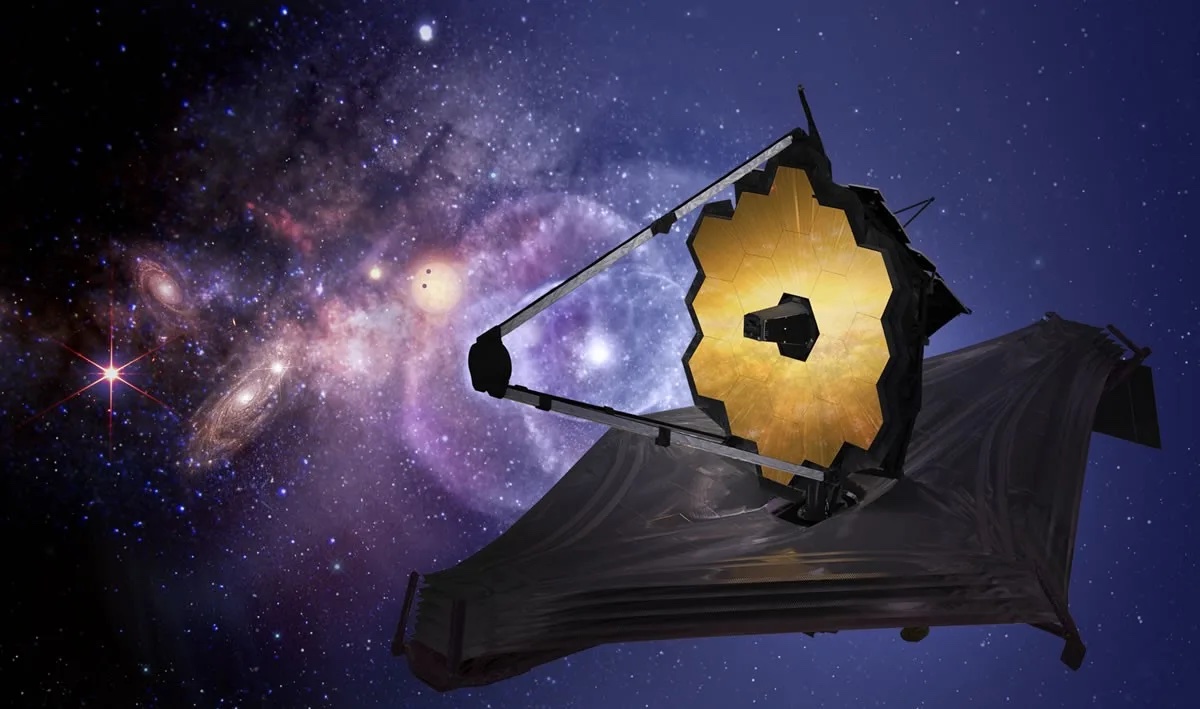
Source: NASA
They aim to analyze if high levels of sulfur compounds are related to the planets’ positions in space, which could provide new insights into planetary formation.
Understanding Planetary Atmospheres
Studying the atmospheric composition of exoplanets like HD 189733 b helps scientists answer fundamental questions about how these planets form.
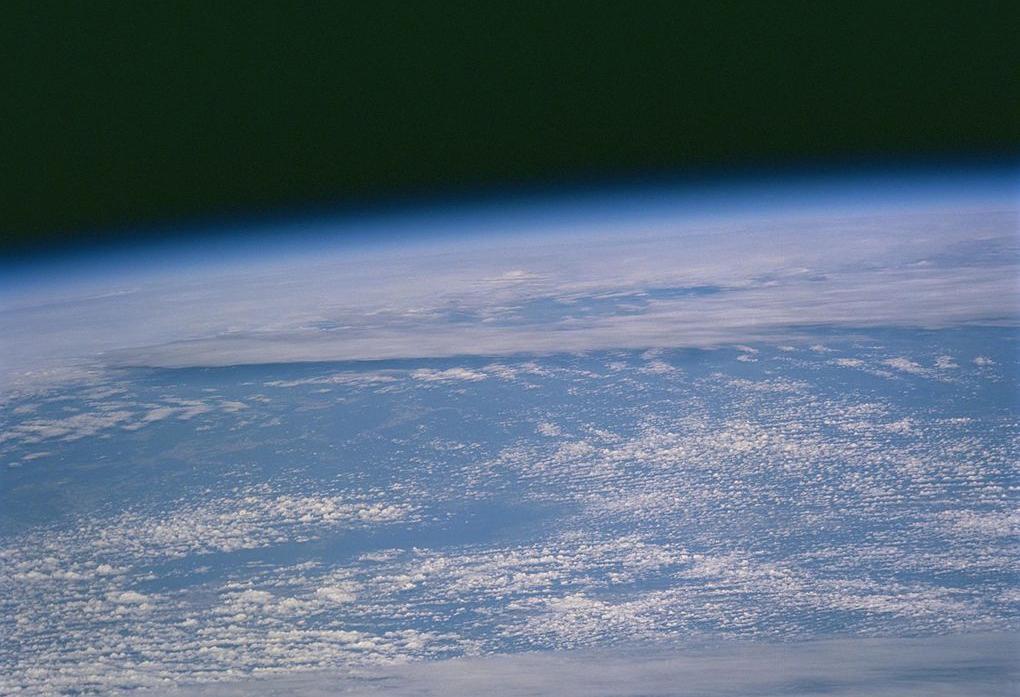
Source: Wikimedia
It also opens up possibilities for discovering more about the conditions on other distant worlds.
Implications for Astronomy
This discovery is a stepping stone for future astronomical studies.
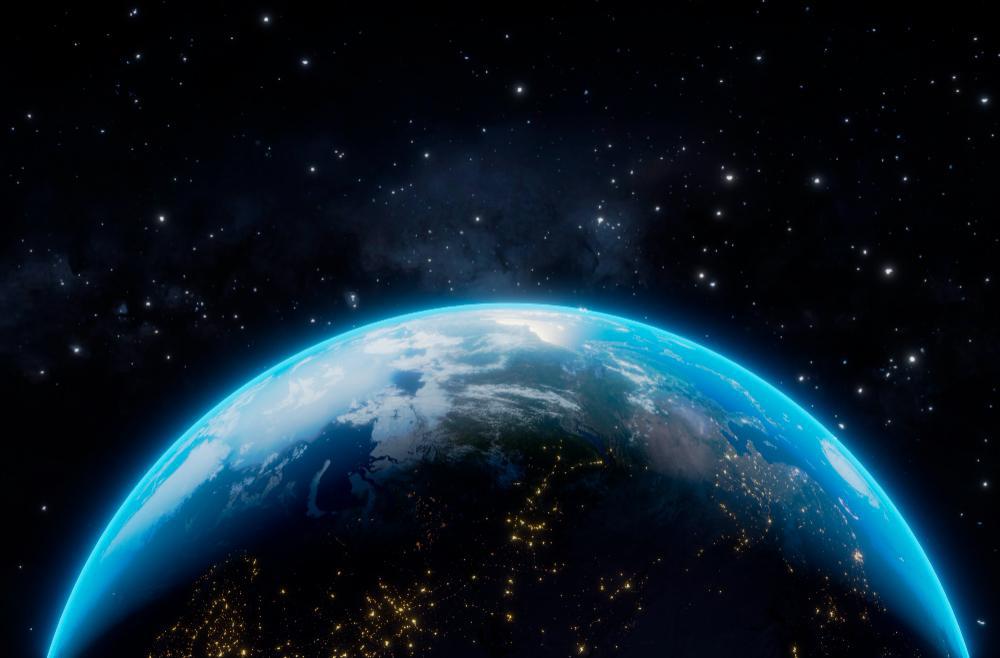
Source: Wikimedia
By understanding the gases present on exoplanets, scientists can better predict the characteristics of other planets and refine their search for potentially habitable worlds beyond Earth.
A Smelly Success
The detection of hydrogen sulfide on HD 189733 b is an exciting development in exoplanet research.

Source: Freepik
Thanks to the James Webb Space Telescope, scientists are uncovering more about the universe’s complexity, one smelly discovery at a time.
